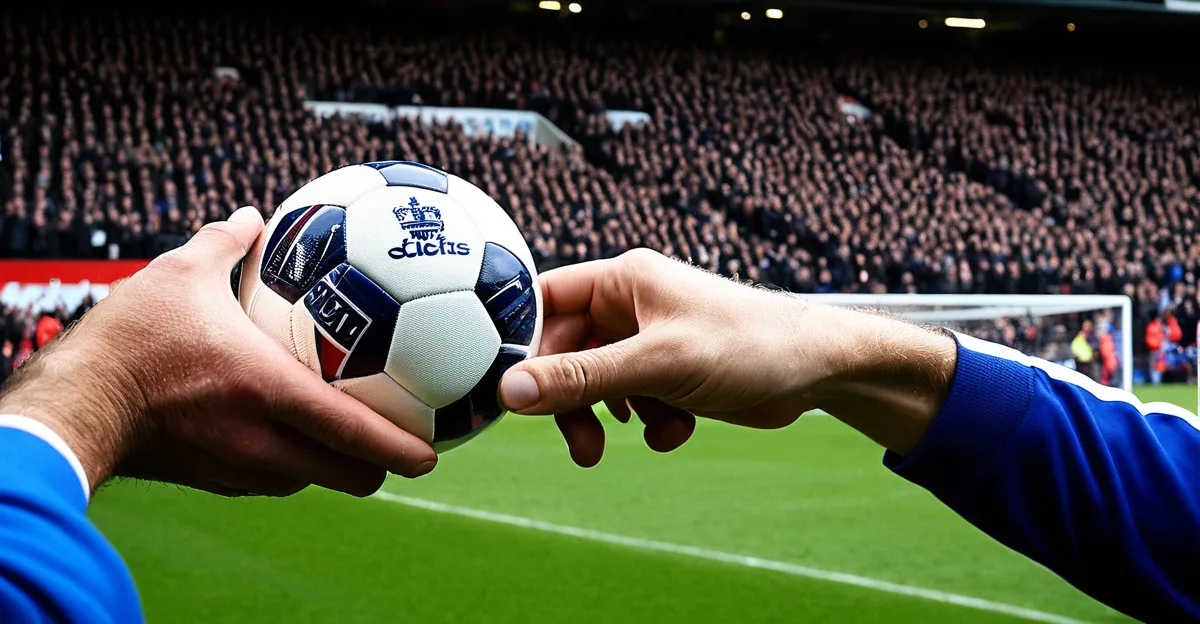The Influence of UK Sports on National Unity
Sports in the UK have a powerful ability to foster national unity and strengthen social cohesion. Major sporting events such as the Six Nations rugby tournament or football matches involving national teams create shared experiences that cut across diverse communities. The collective support for teams generates a feeling of togetherness, reinforcing a common identity.
The capacity of UK sports to unite people lies not only in competition but also in celebration. When supporters from various cultural and regional backgrounds cheer for the same team, they momentarily set aside differences and connect through a shared passion. This social glue helps to build bridges between different social groups, enhancing understanding and solidarity among citizens.
In the same genre : How Does British Football Influence Local Community Spirit?
Moreover, sporting culture in the UK plays a crucial role in reinforcing collective national identity. The traditions, rituals, and national anthems heard during games contribute to a sense of belonging and pride across the population. In essence, UK sports function as a social platform that nurtures inclusion and strengthens the fabric of national unity by bringing people together under a common banner.
Historical and Contemporary Examples of Sports Bridging Communities
Examining national sports teams reveals powerful moments when UK sports have bridged communities. The 1966 World Cup victory stands as a landmark example, uniting a nation behind a common triumph. This event transcended social divides, fostering widespread celebration and pride. Similarly, the London 2012 Olympics showcased UK sports on a global stage, rallying citizens across all regions to a shared national purpose and generating a strong wave of community integration and support nationwide.
Also read : How does the UK sports industry tackle diversity and inclusion?
Beyond major international events, local and grassroots sporting activities play a vital role in enhancing social cohesion. Community clubs often bring people together from diverse backgrounds, offering a space to build understanding and bonds. These smaller-scale efforts complement the influence of national teams by sustaining engagement and inclusion year-round.
The symbolic weight of national teams remains crucial. They serve as focal points for collective identity, especially in a multicultural society. By representing the UK internationally, these teams unite supporters across ethnic and regional lines, reinforcing the idea of a cohesive national community. This blending of pride and participation emphasizes how national sports teams function as vehicles for integration and shared identity, manifesting the unifying power of sport in contemporary Britain.







